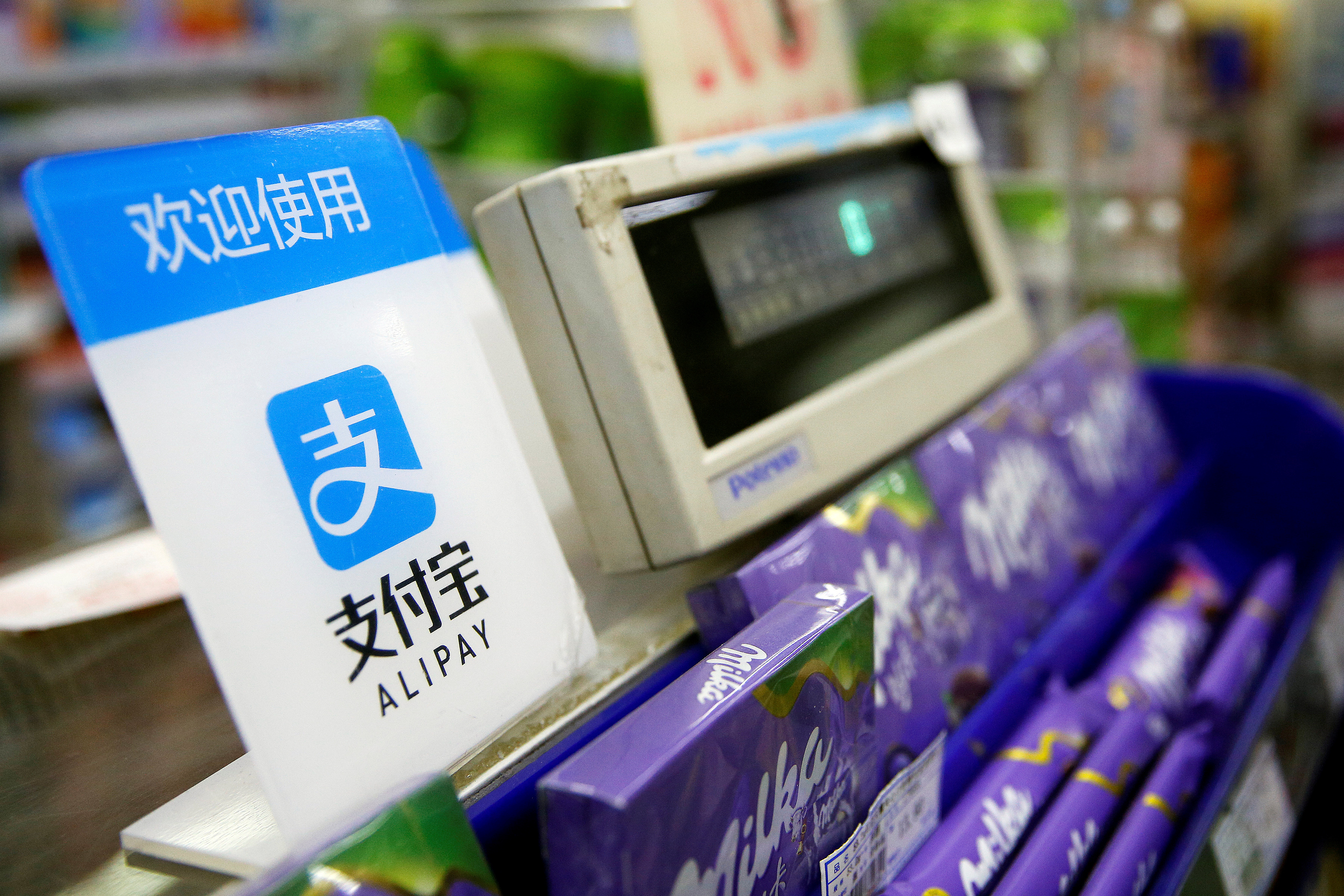China’s top anti-trust agency is looking at whether to launch a probe into Alipay and WeChat Pay, prompted by the central bank, which says the digital payment giants have used their dominant positions to quash competition, sources with knowledge of the matter said.
The State Council’s anti-trust committee has been gathering information on Alipay, owned by Ant Group which is in turn an affiliate of Alibaba Group Holding Ltd, as well as on Tencent Holdings Ltd’s WeChat Pay for more than a month, they said.
Any investigation would likely dampen enthusiasm for Ant Group’s planned dual listing in Hong Kong and Shanghai that is seeking a valuation of more than $200 billion.
The anti-monopoly committee has not made a decision about whether to proceed with an investigation, the sources said and it was not clear when a decision might be made. One source said the committee is taking the People’s Bank of China’s recommendation “very seriously”.
The sources, who declined to be identified as the policy deliberations were confidential, also said that Ant and Tencent are lobbying government officials in an effort to prevent a probe.
The State Council Information Office and the central bank did not respond to requests for comment. Ant and Tencent did respond to requests for comment on the potential probe.
The People’s Bank of China formally made the recommendation that the State Council committee should look into anti-trust issues posed by the country’s non-bank payment companies sometime in the second quarter, one of the sources said.
Alipay and WeChat Pay services, which enable payments at the convenience of a code scan, have become ubiquitous in daily life in China, with many people now rarely using cash.
The country’s mobile banking market logged some 56.2 trillion yuan ($8 trillion) worth of transactions in last three months of 2019, according to domestic consultancy Analysys. It estimates Alipay commands 55% of the market and that Tencent’s fintech business, most of which is WeChat Pay, has 39%.
But authorities have been keen to whittle back their dominance. In an effort to encourage smaller players to enter the market, the central bank last year said it planned to standardise the interoperability of QR code payments.
China’s legislative body is also debating major revisions to its anti-trust laws for the first time in more than 11 years, which are set to include expanded criteria for judging a company’s control of a market.
(Reporting by Keith Zhai in Singapore and Julie Zhu in Hong Kong; Editing by Edwina Gibbs)
























